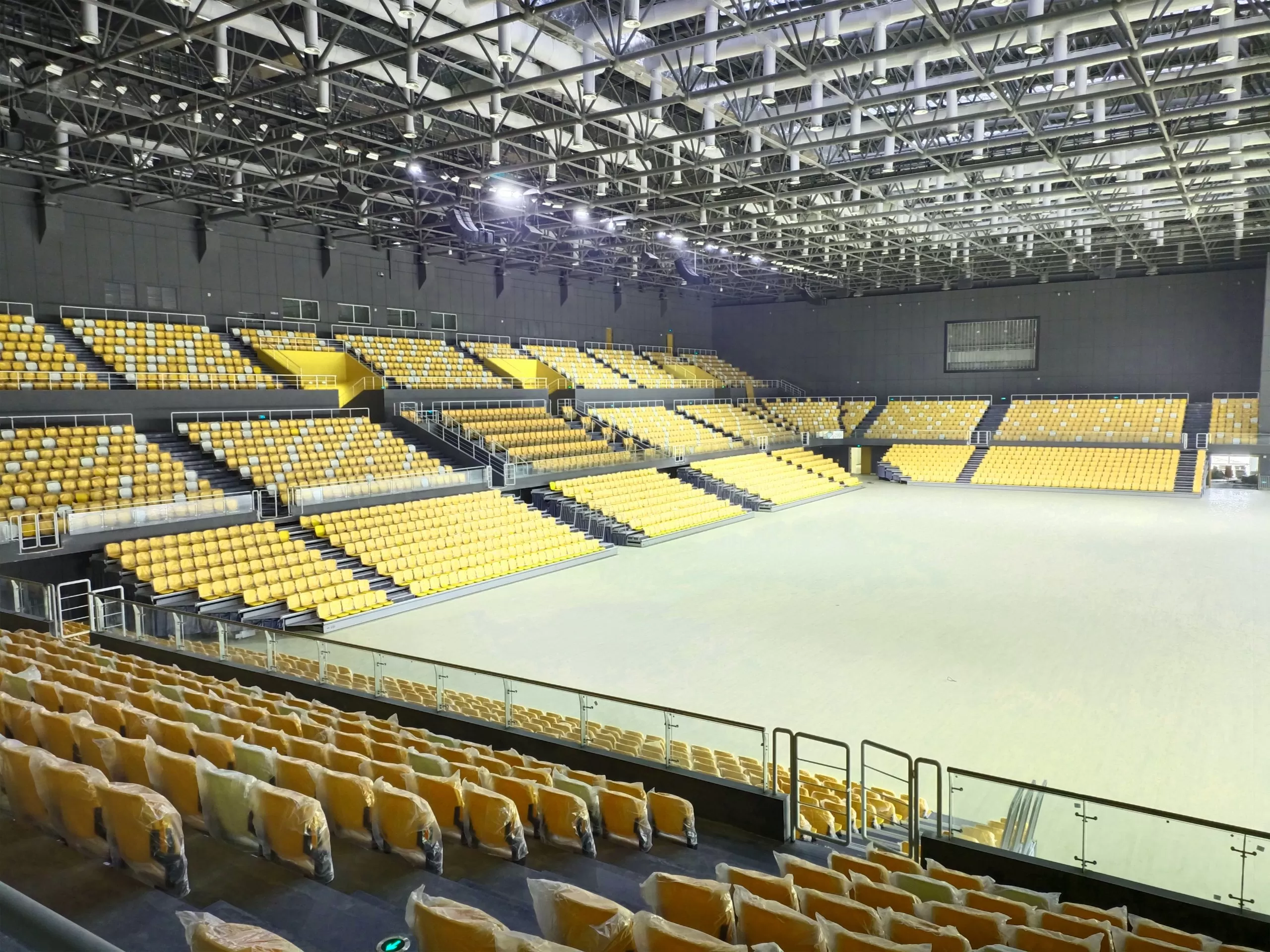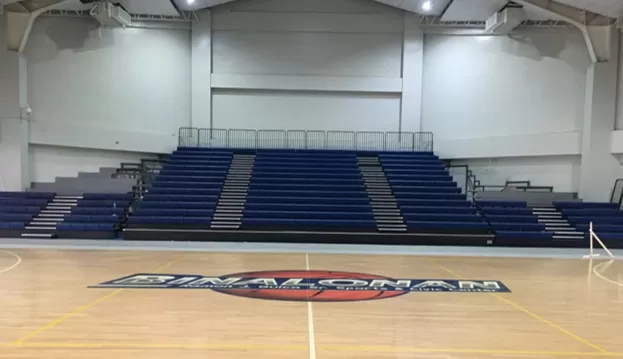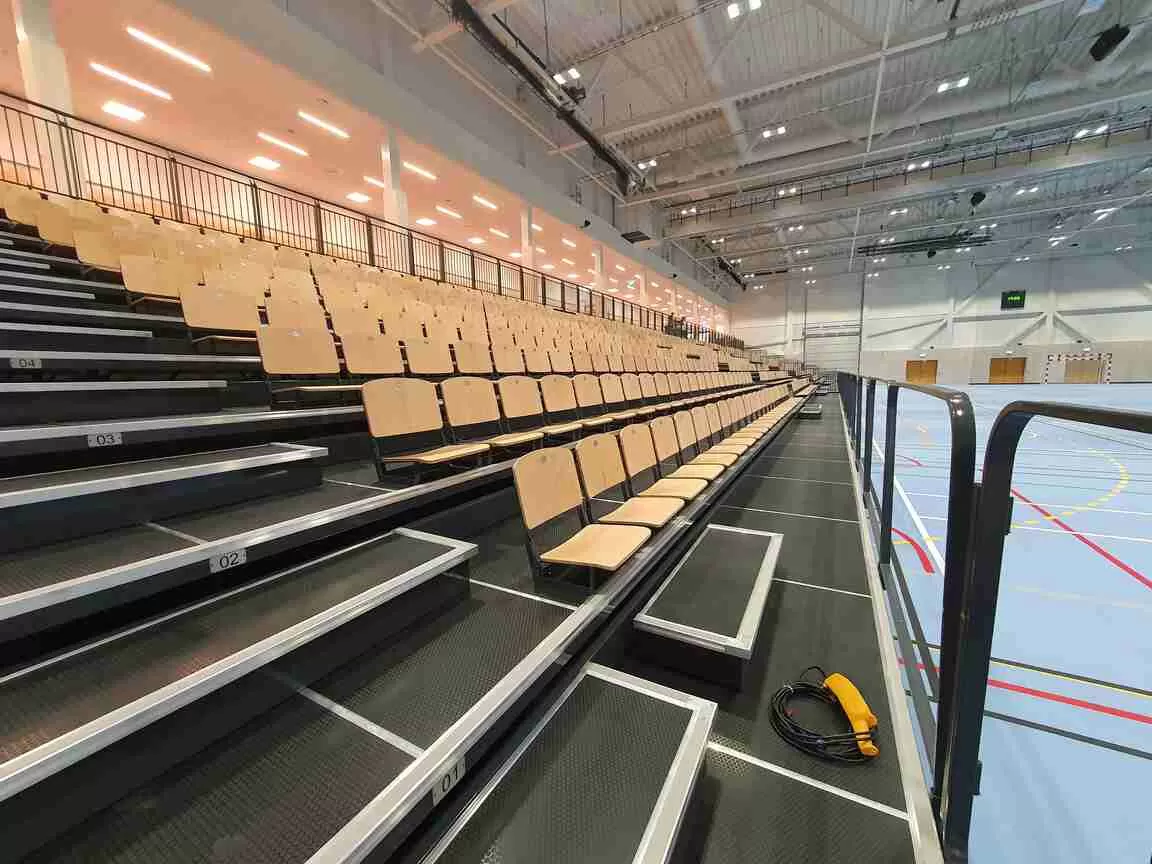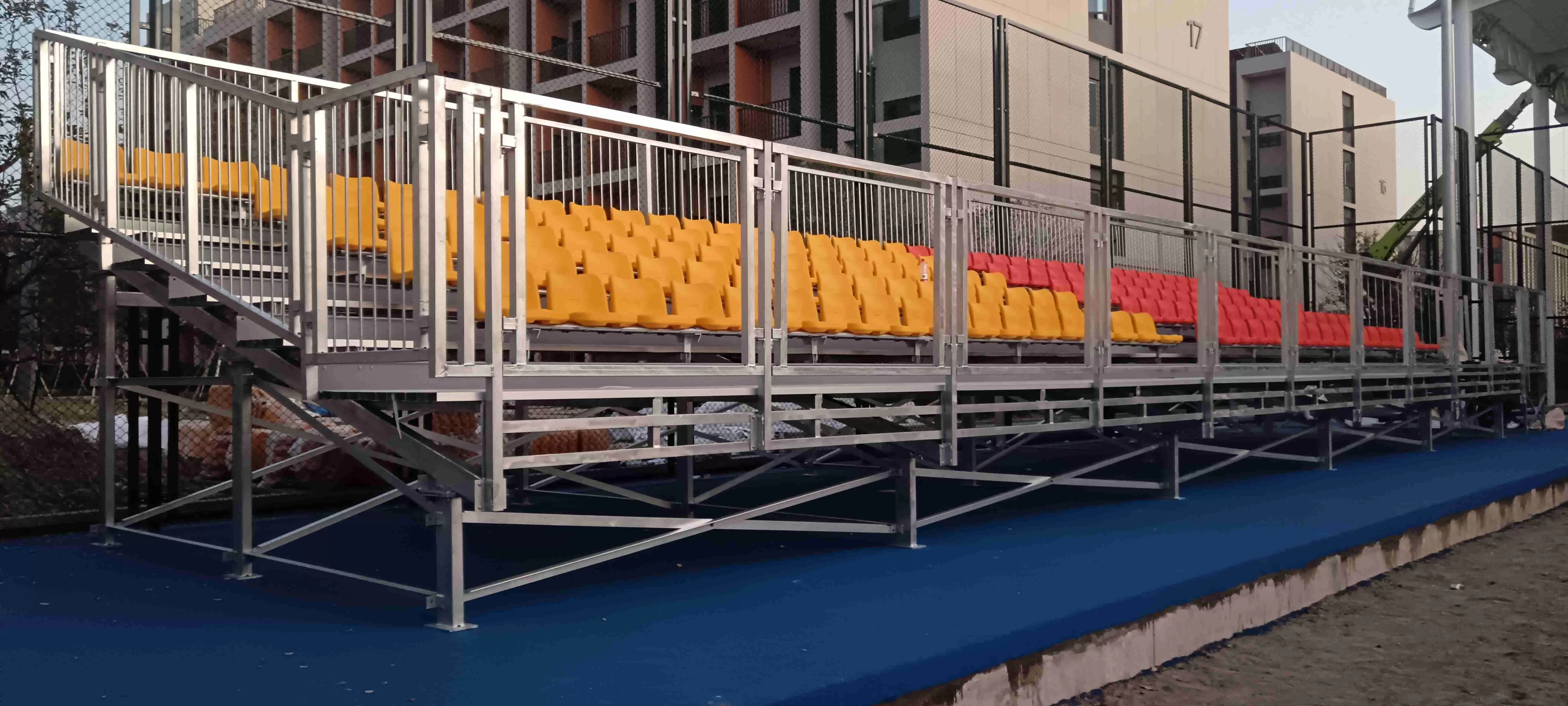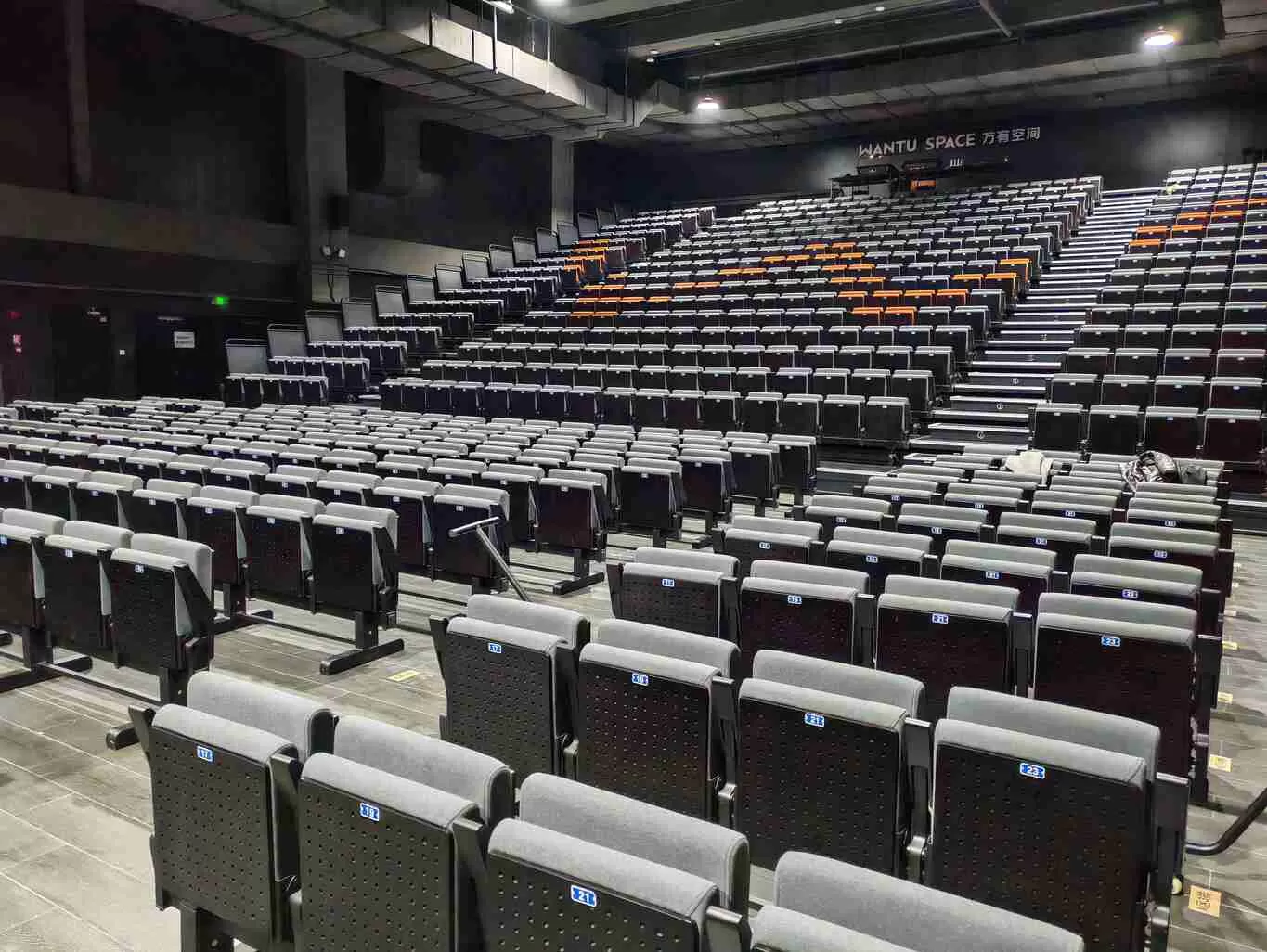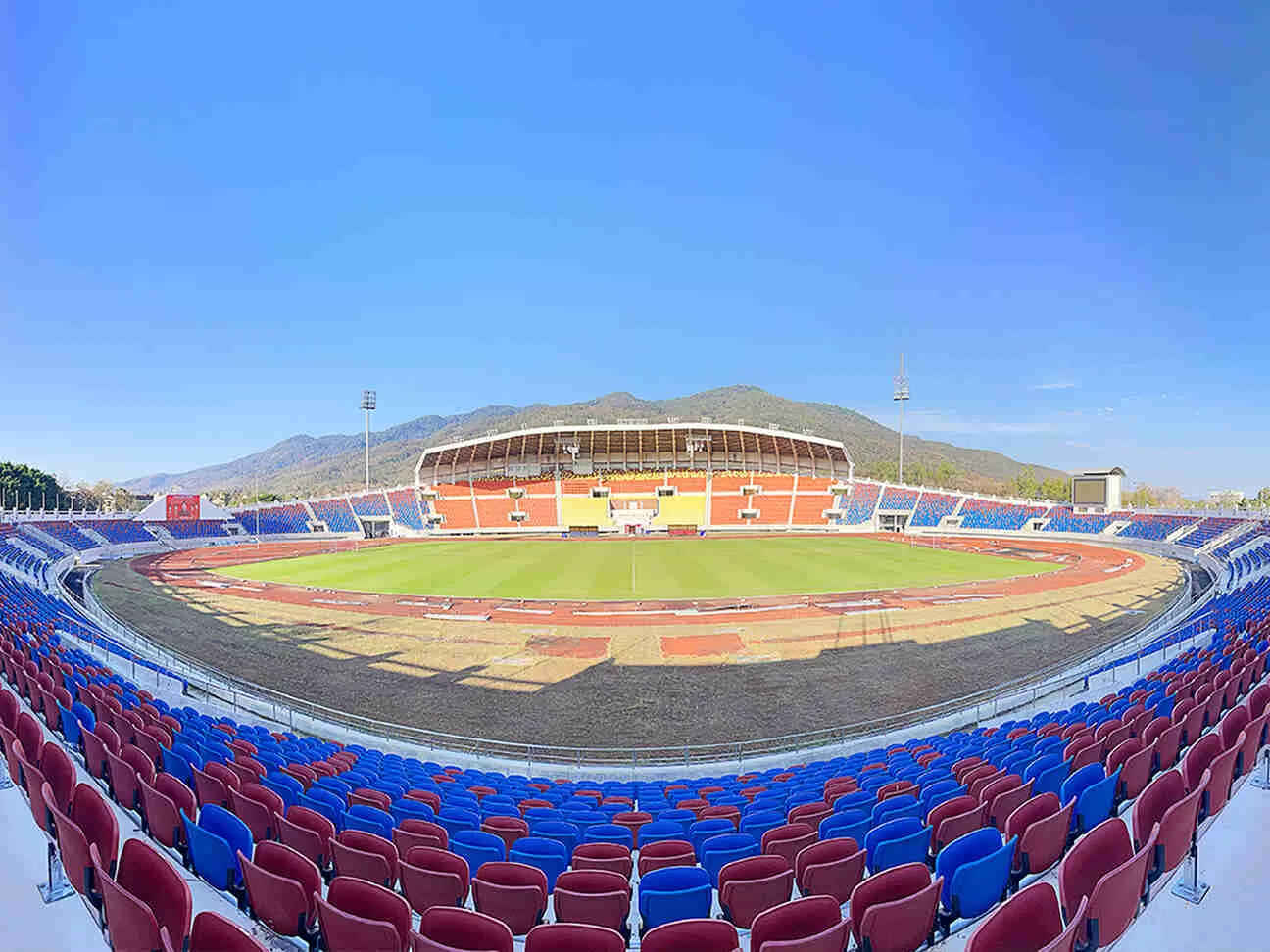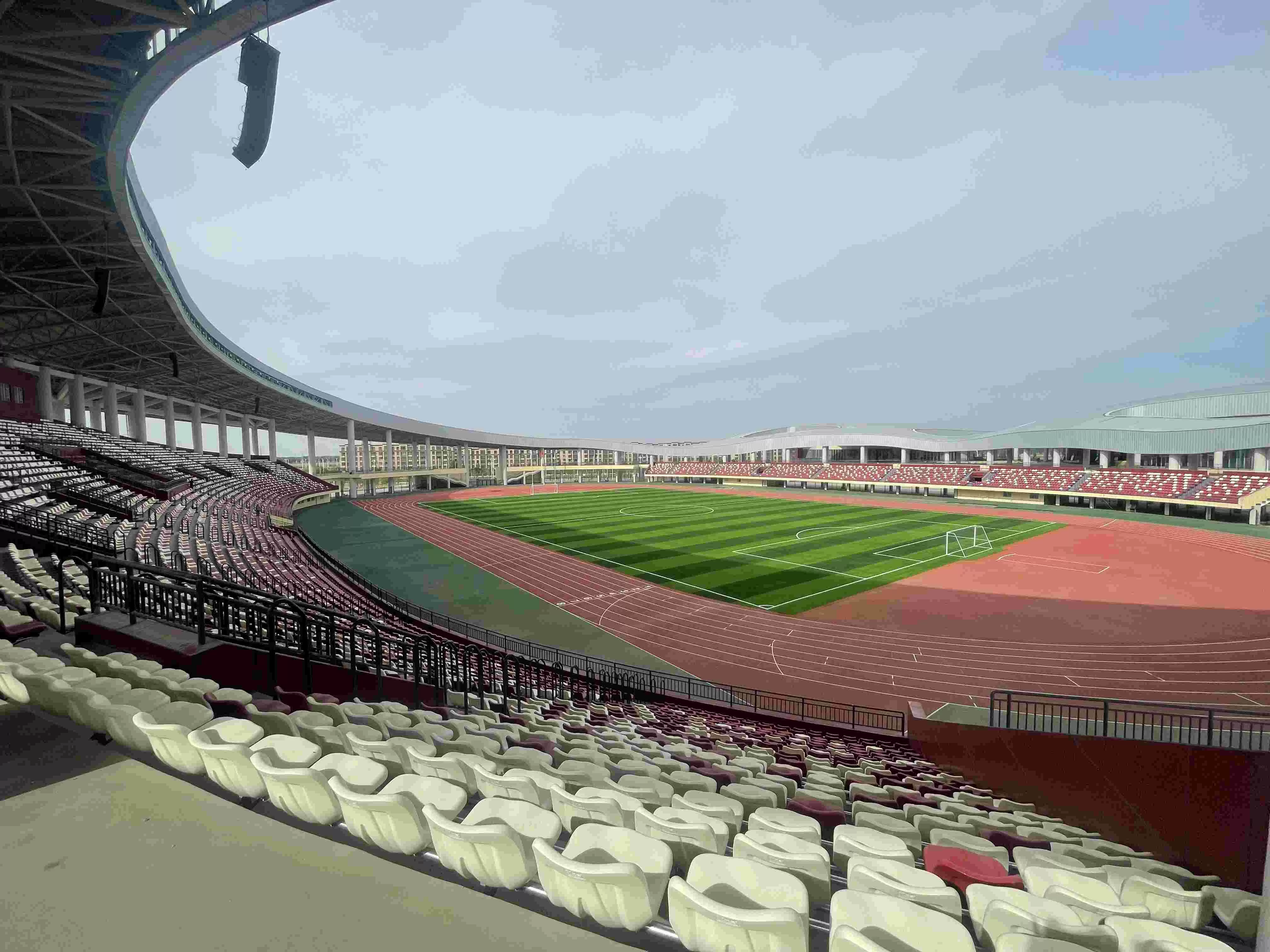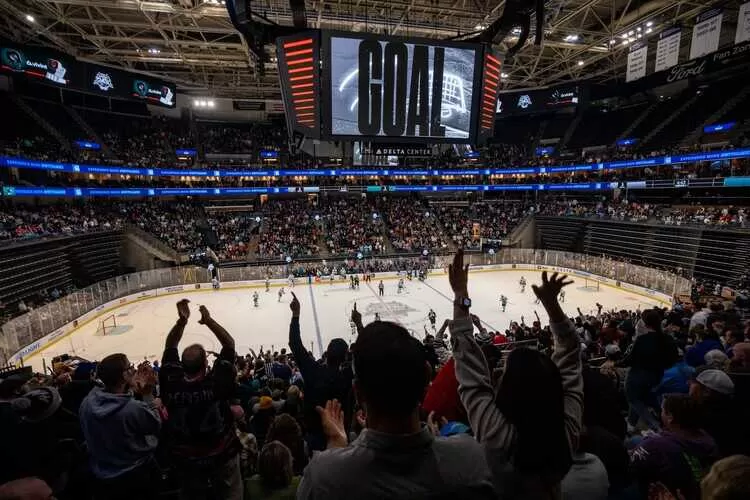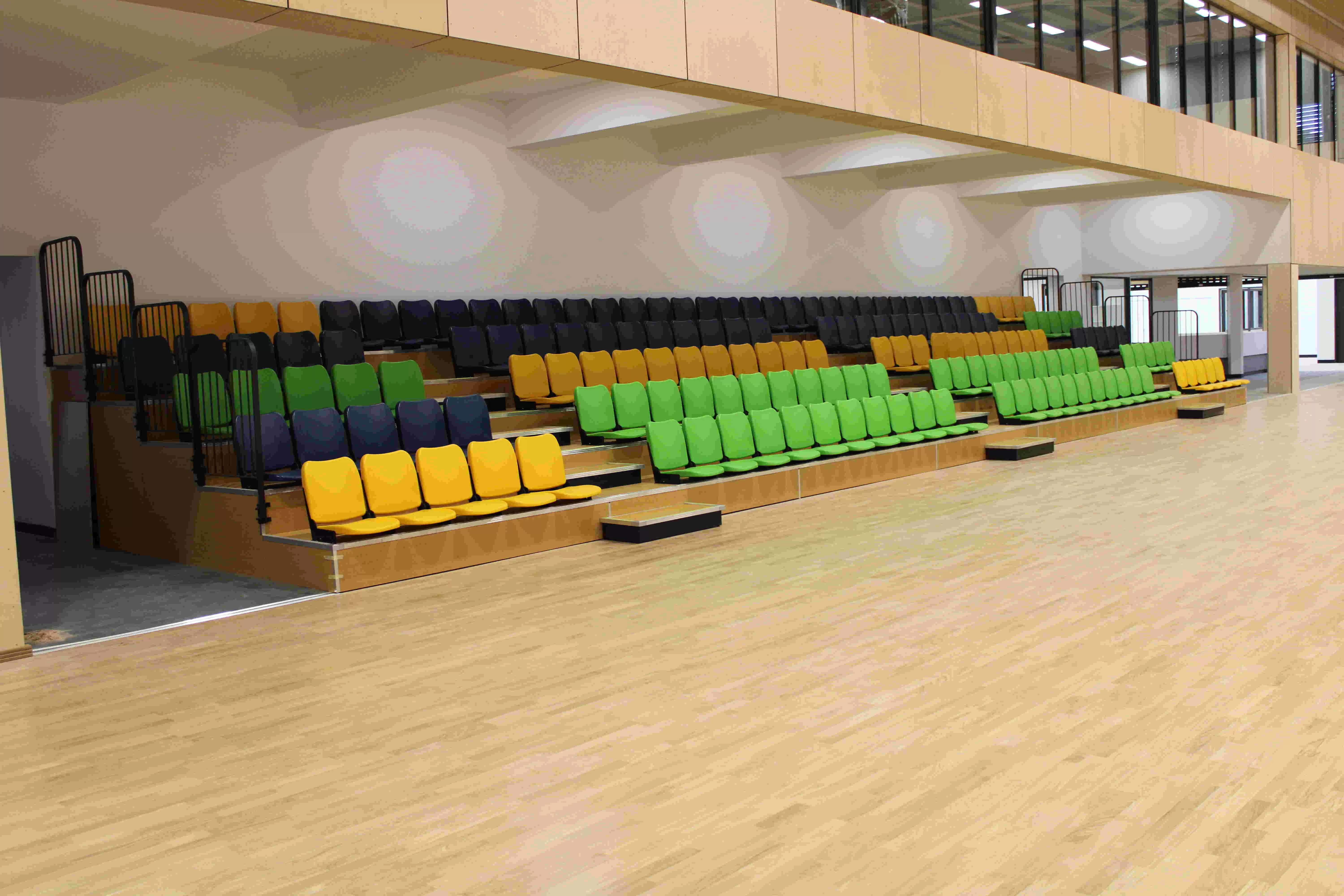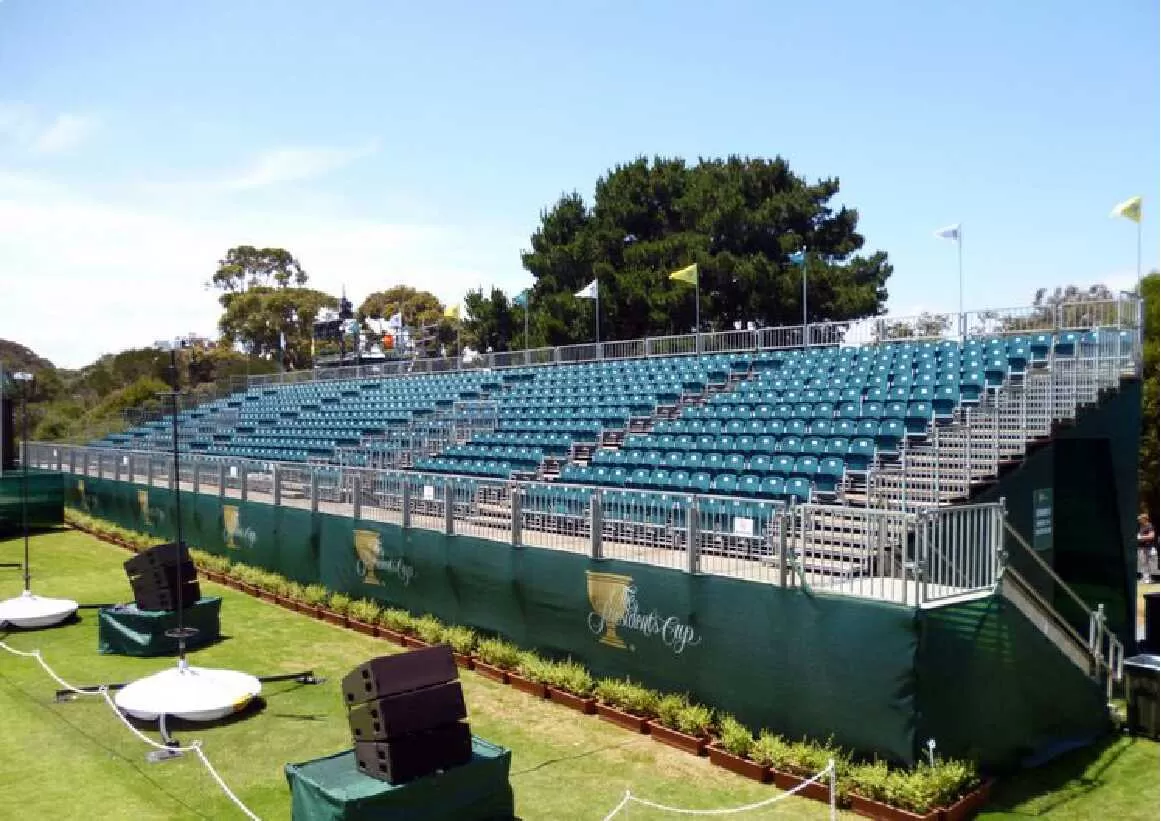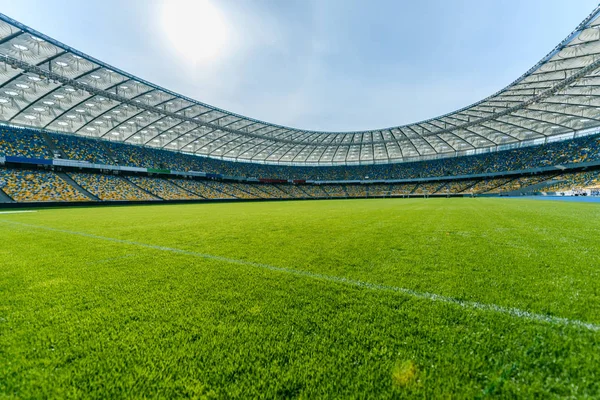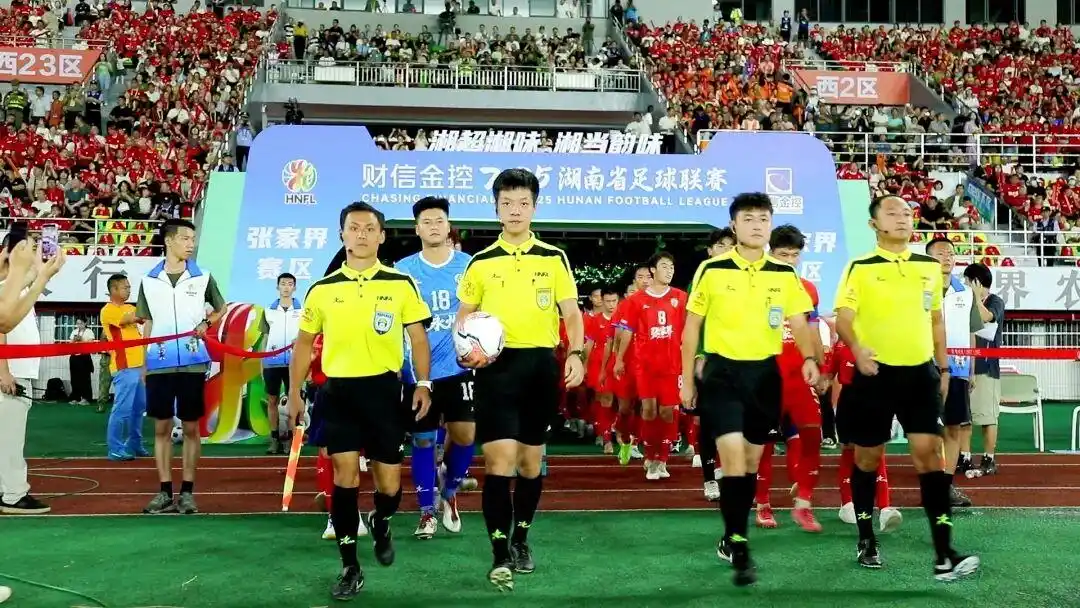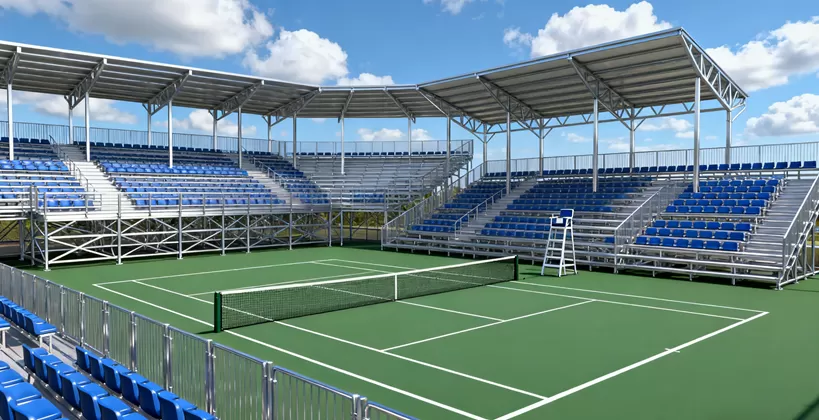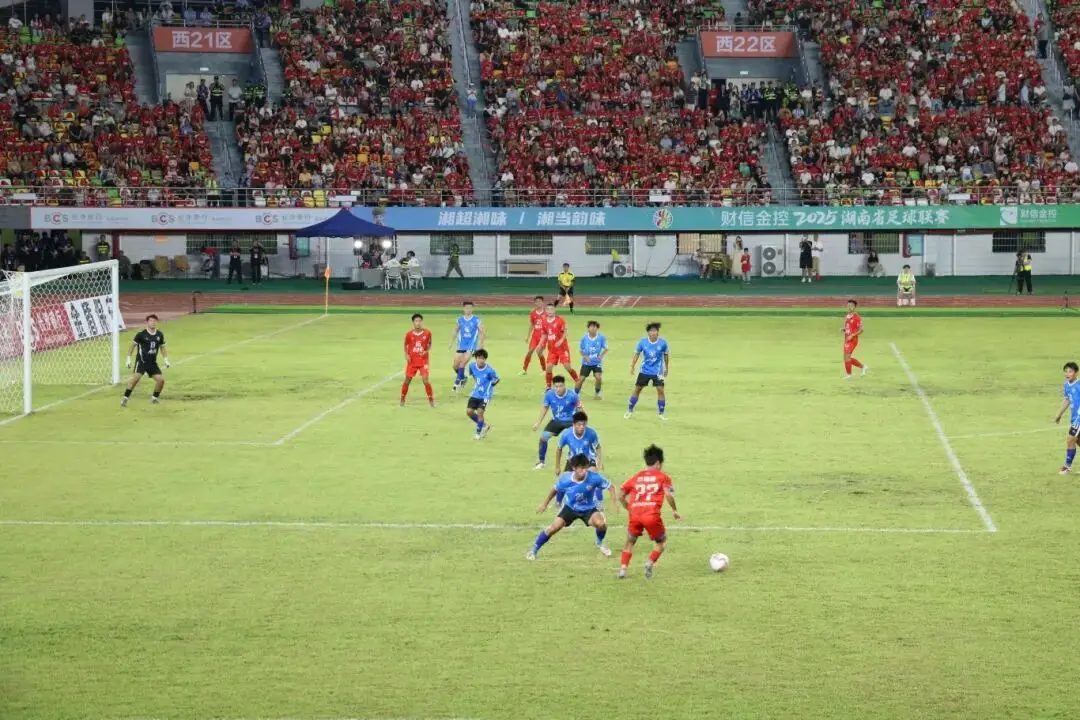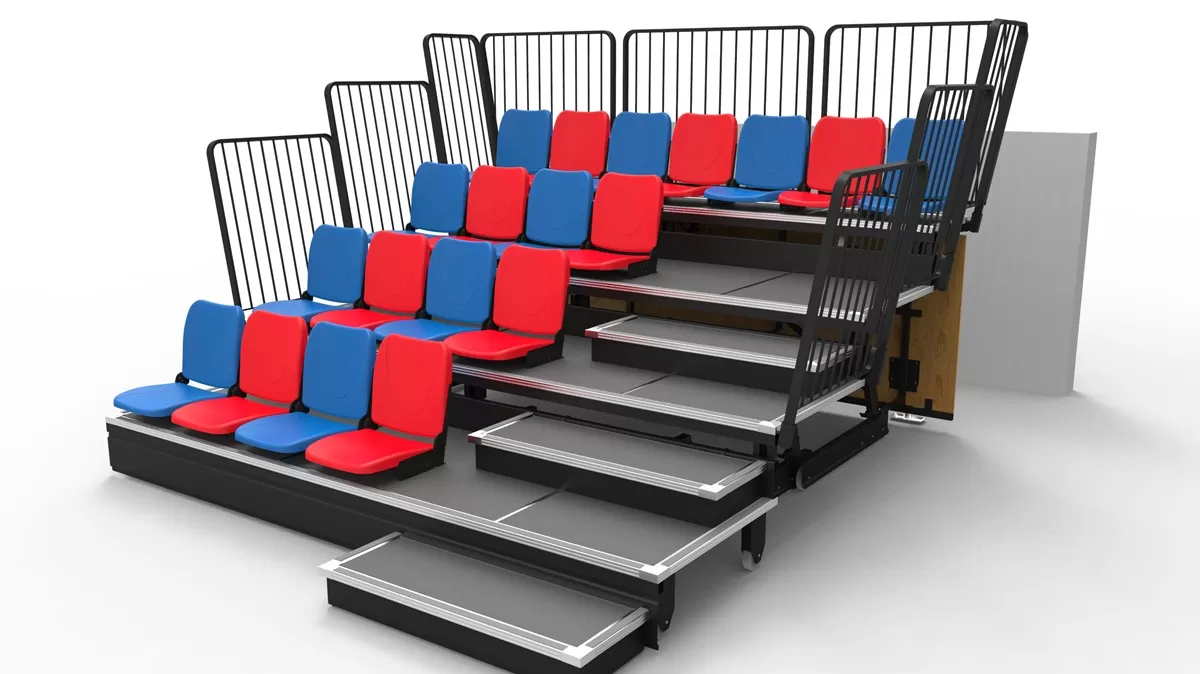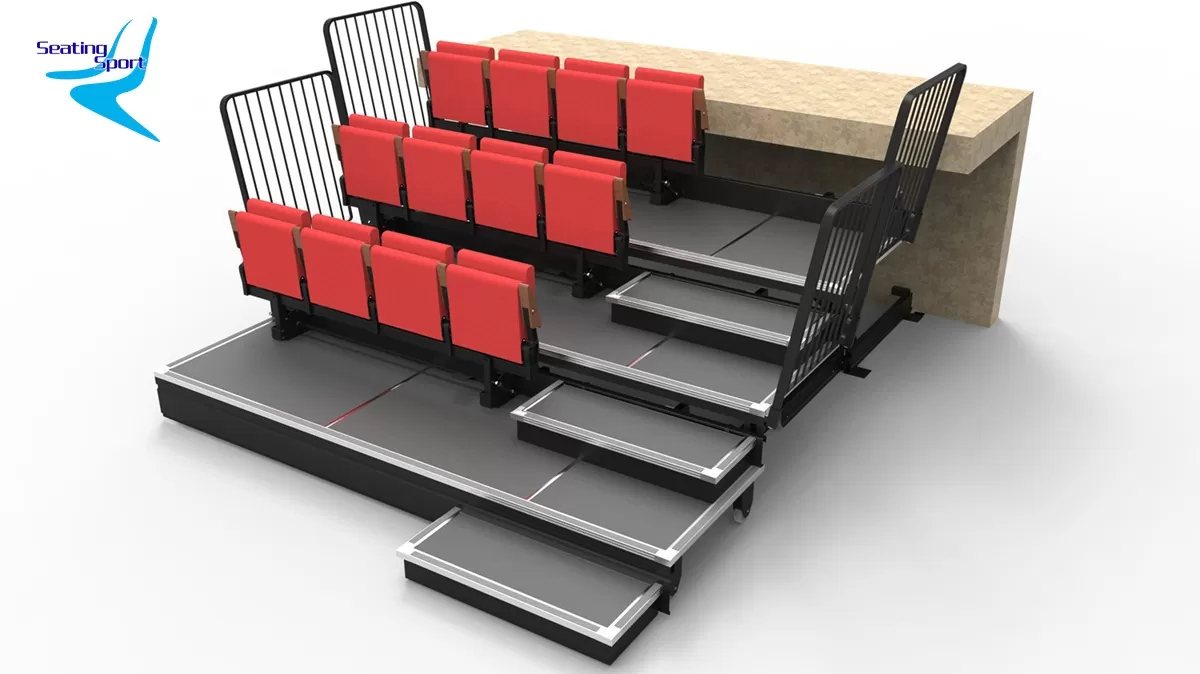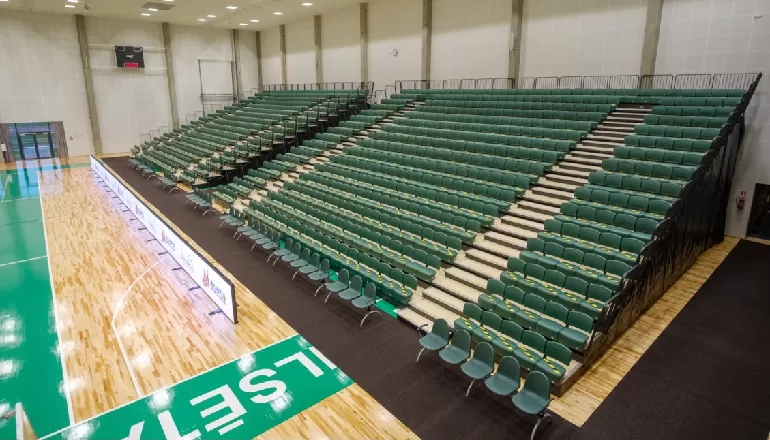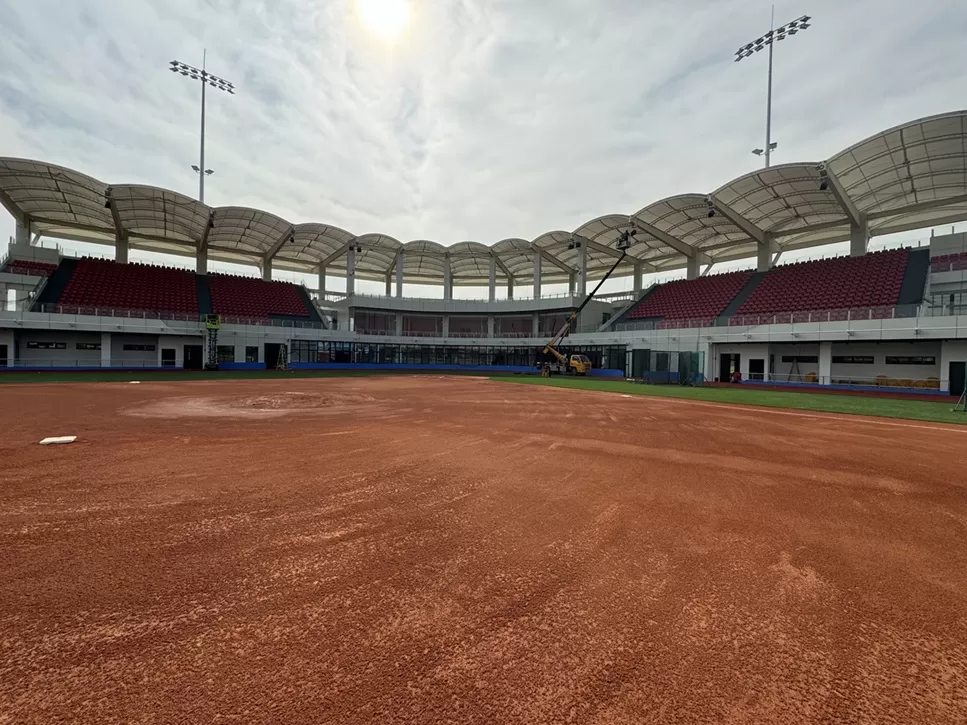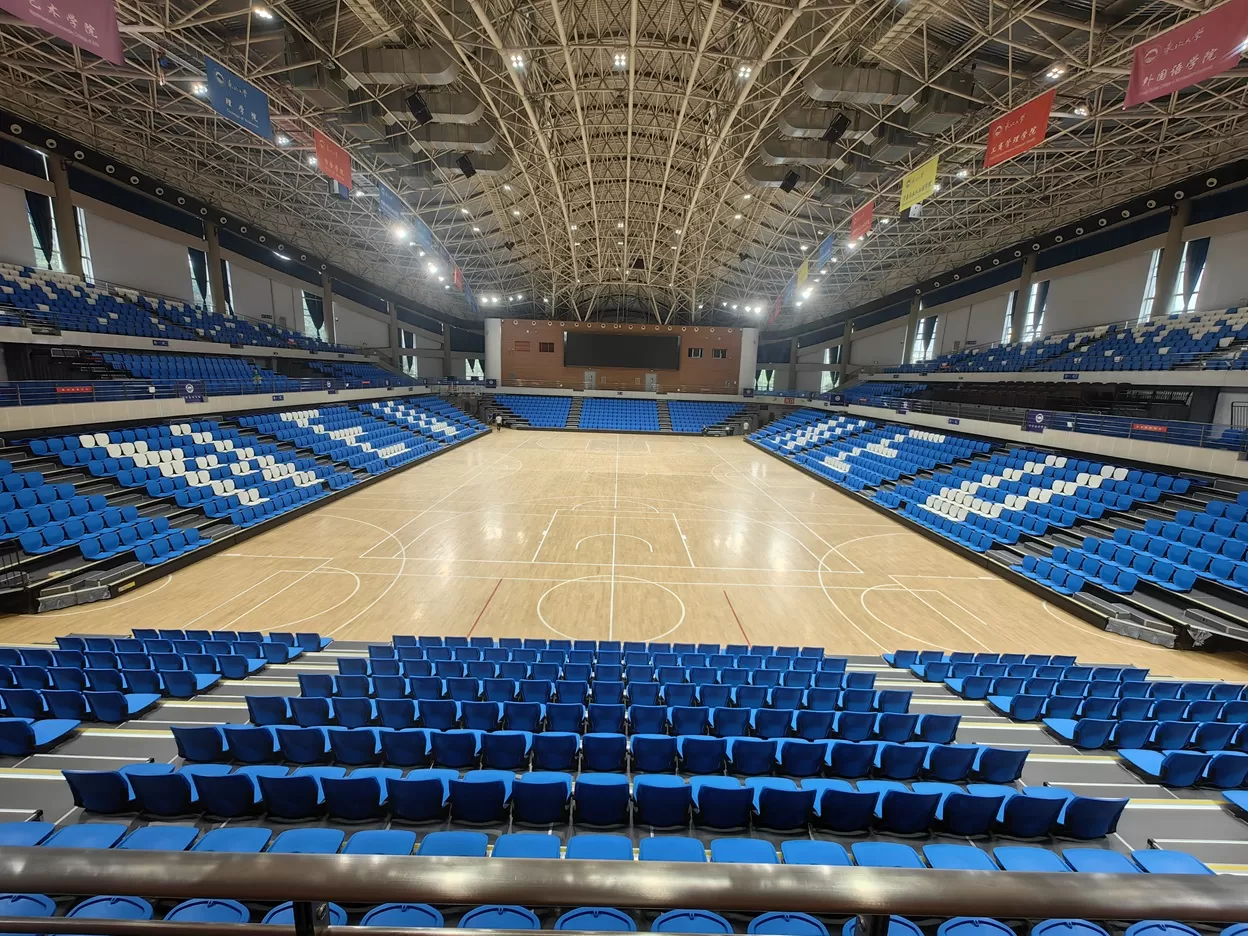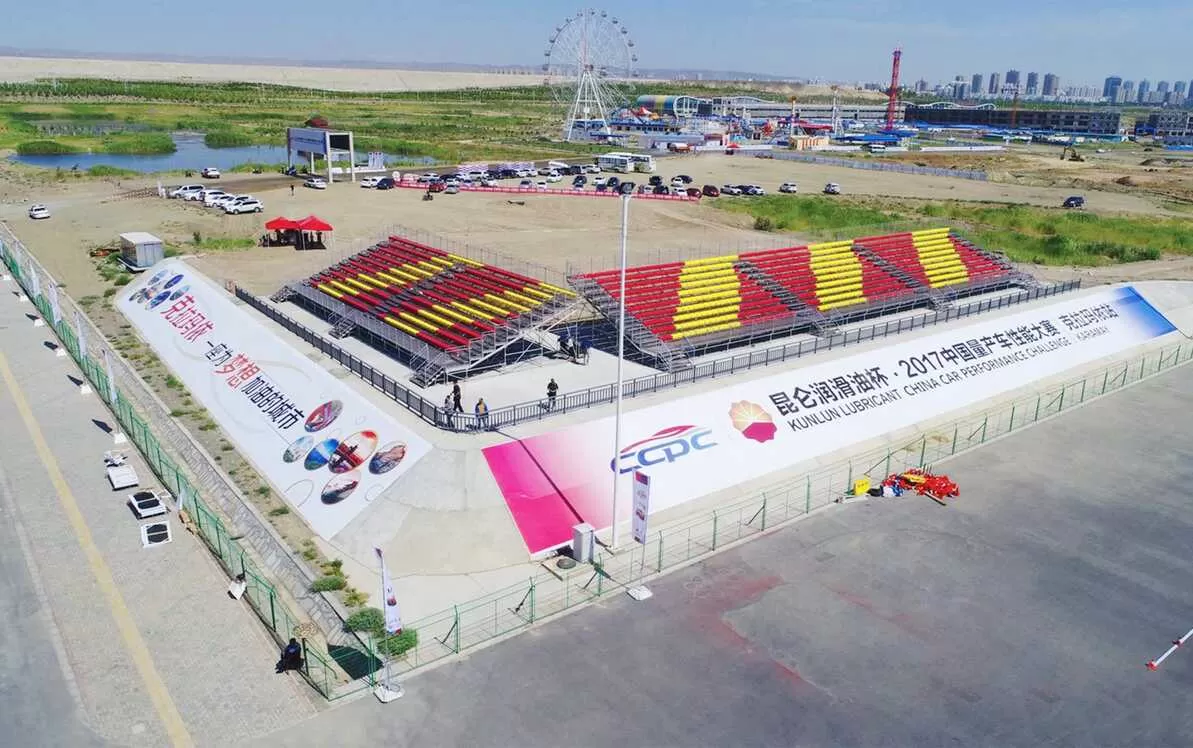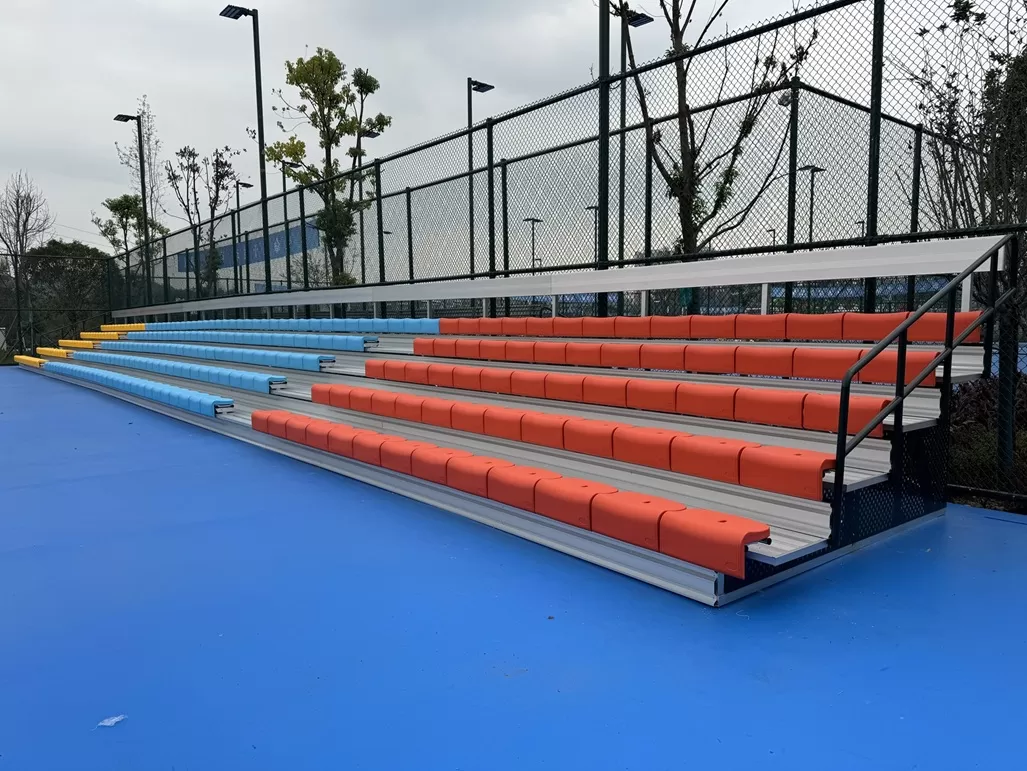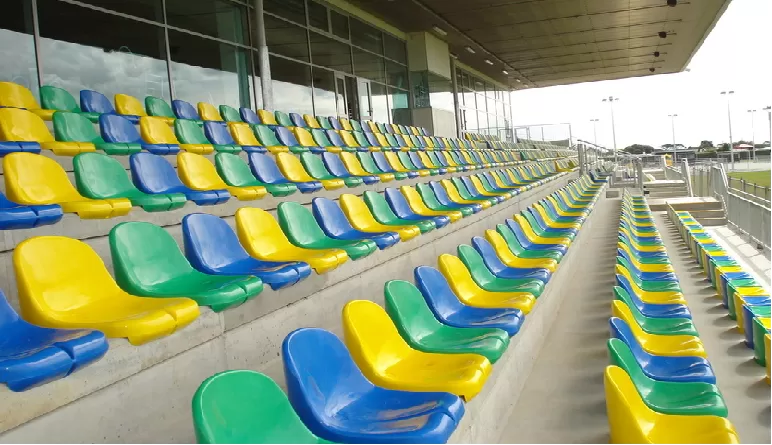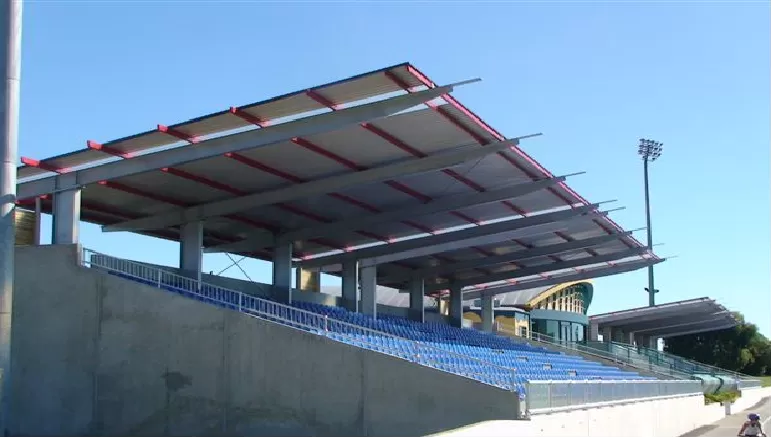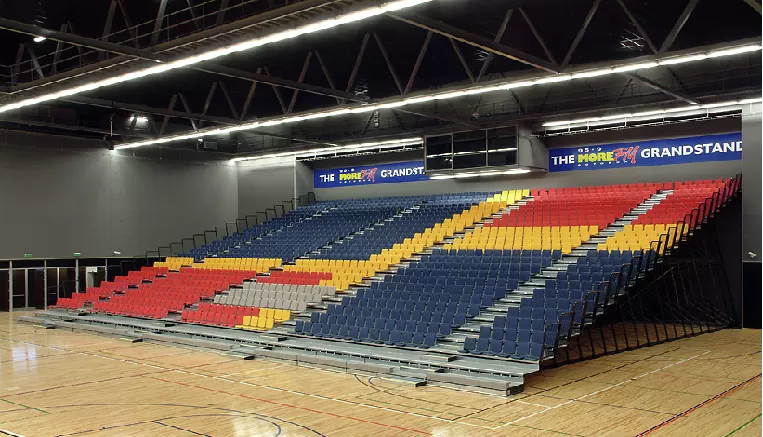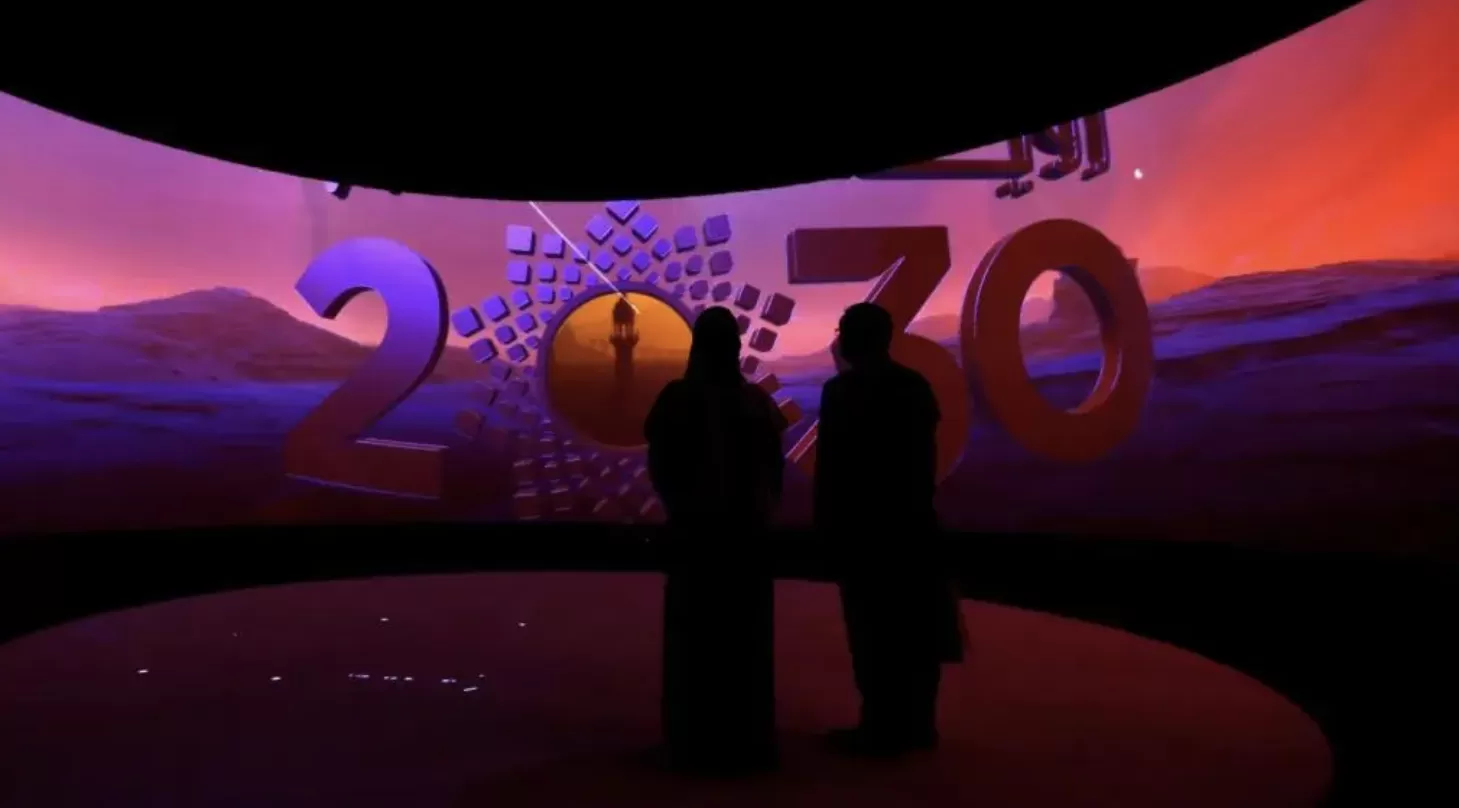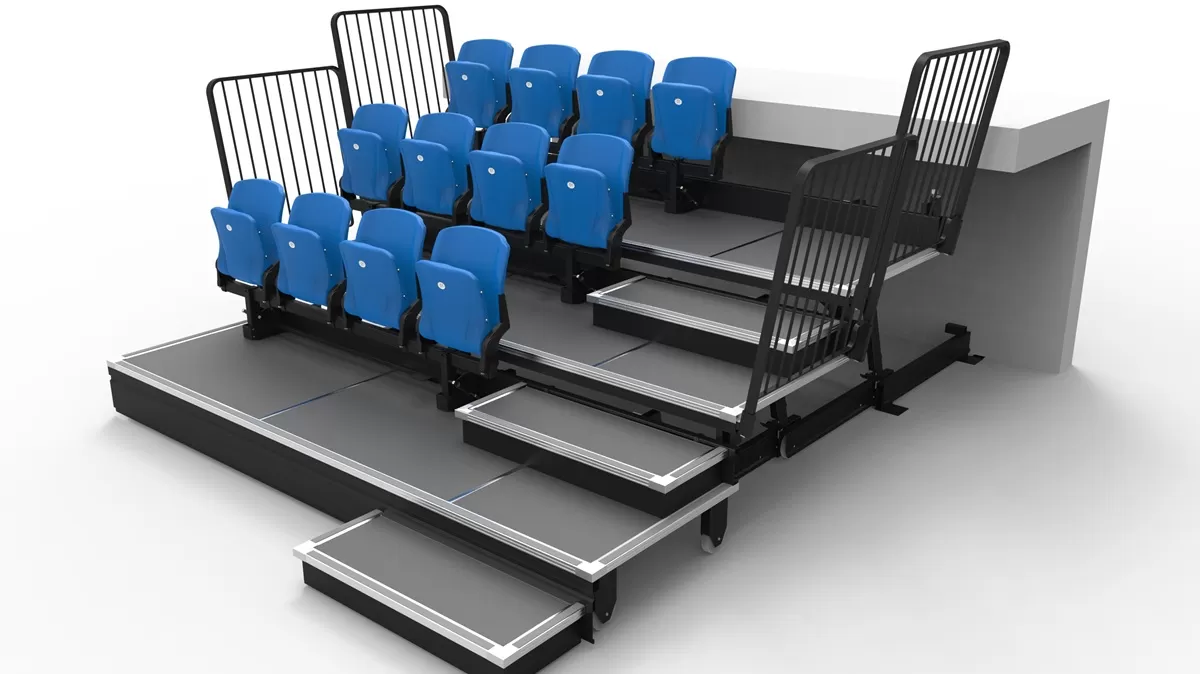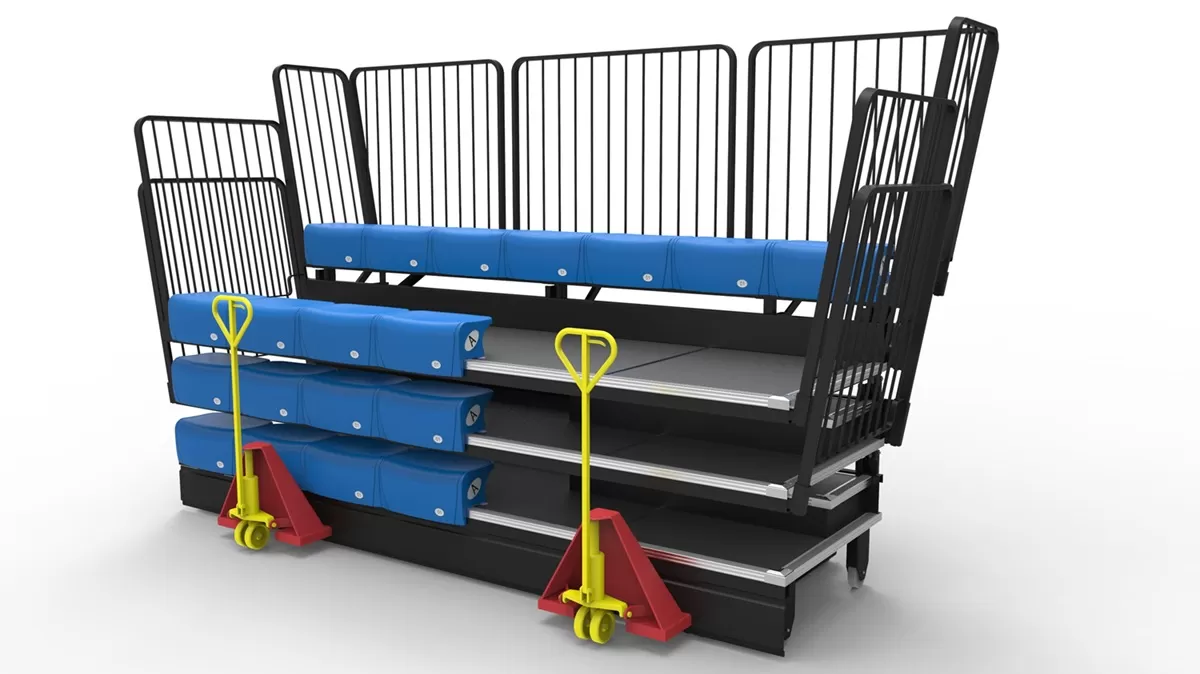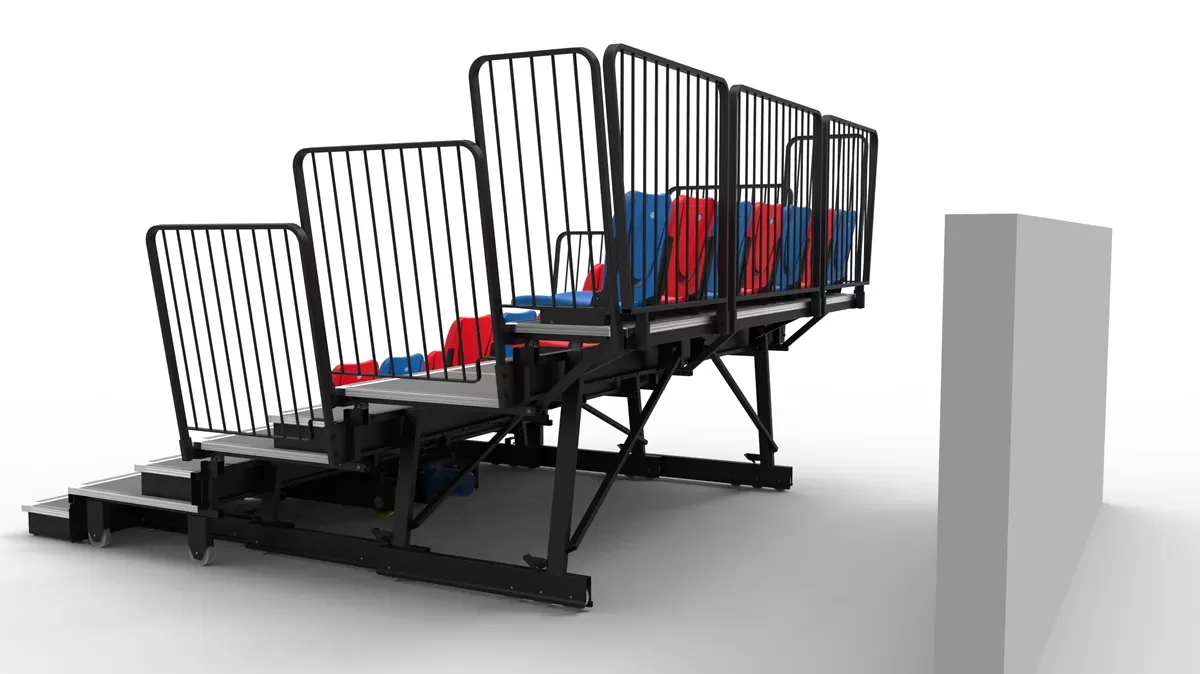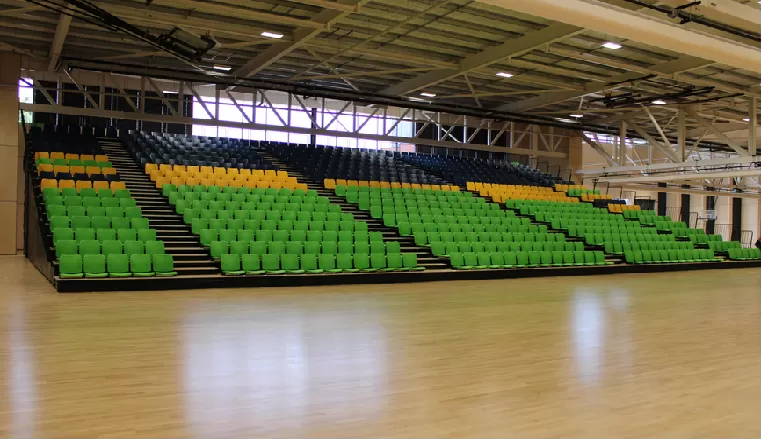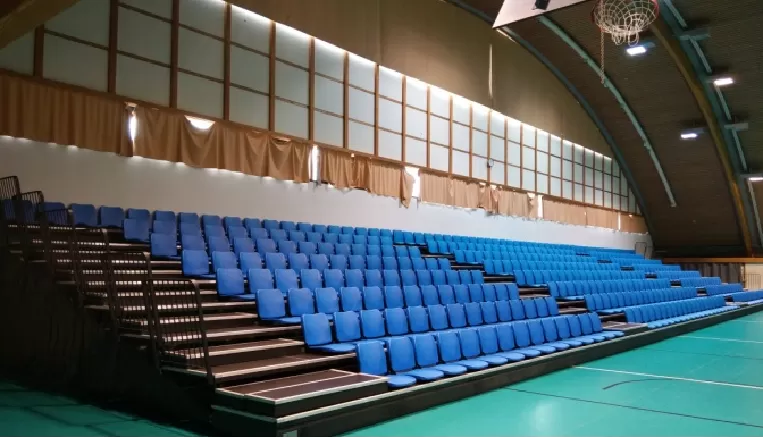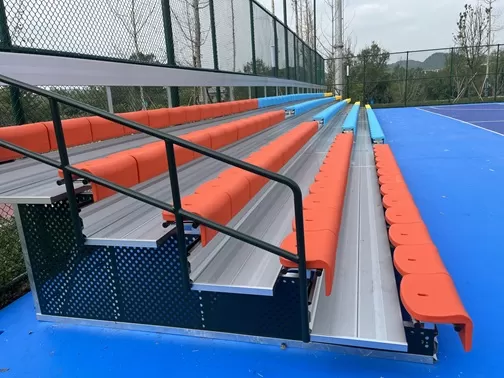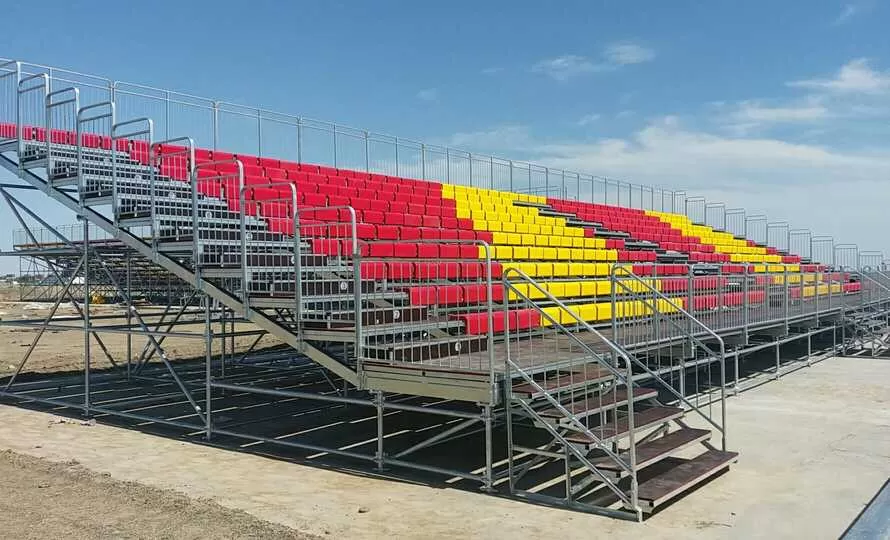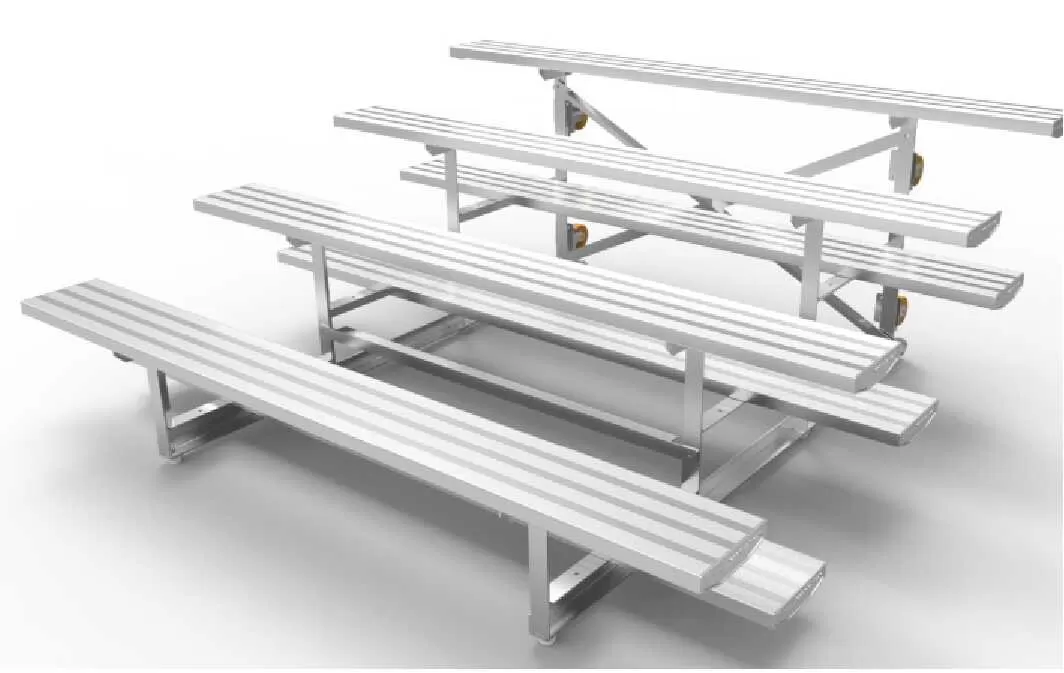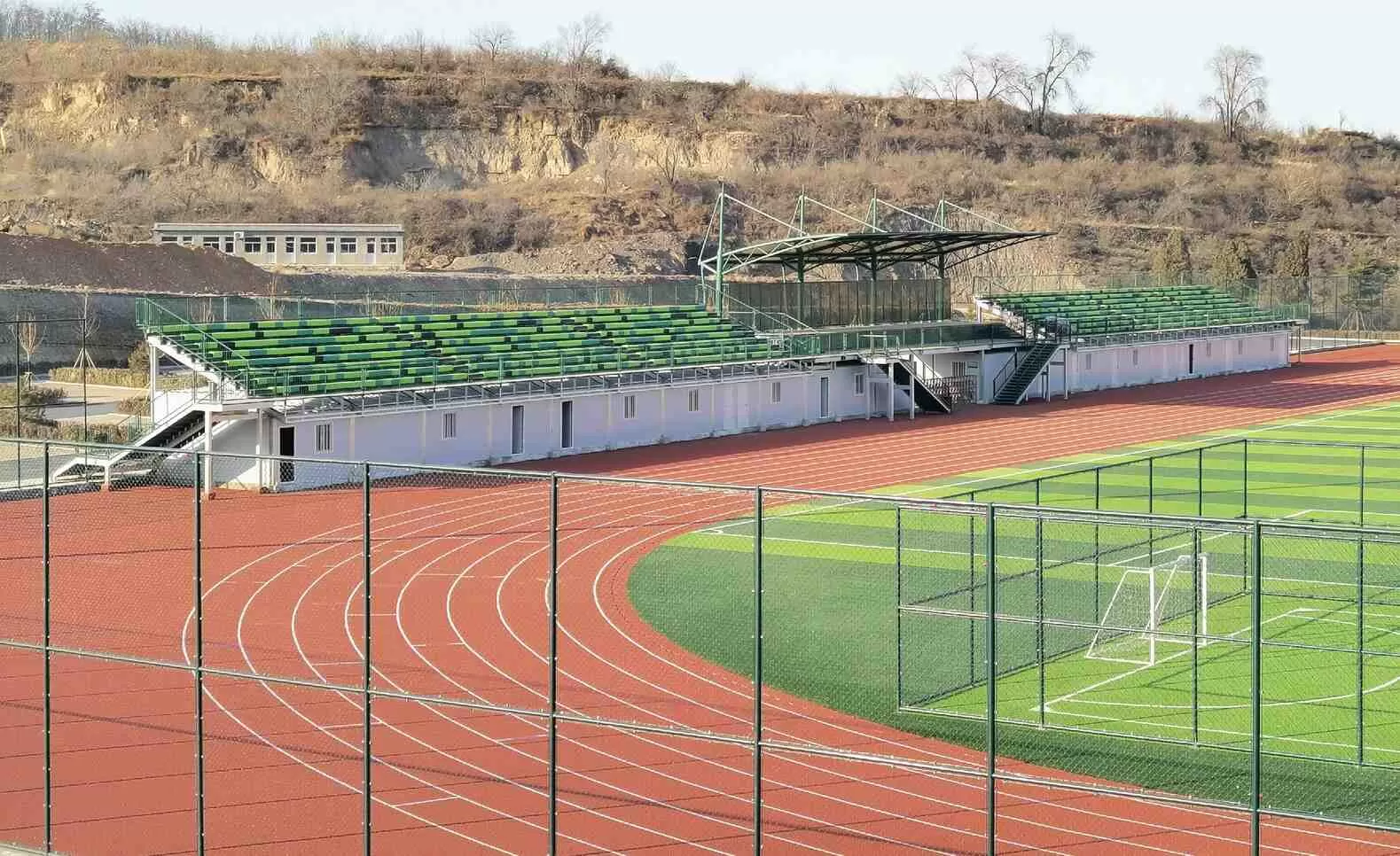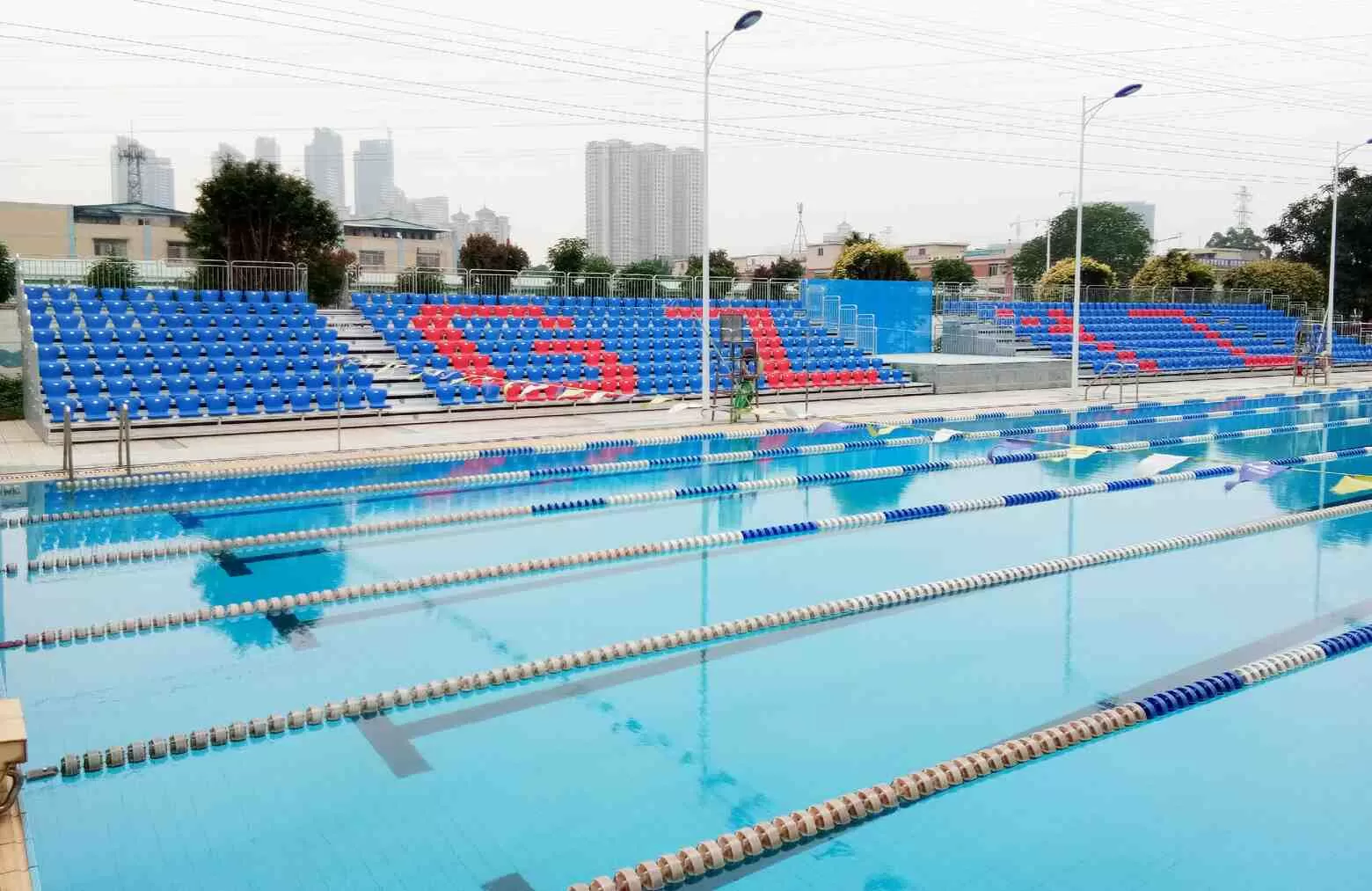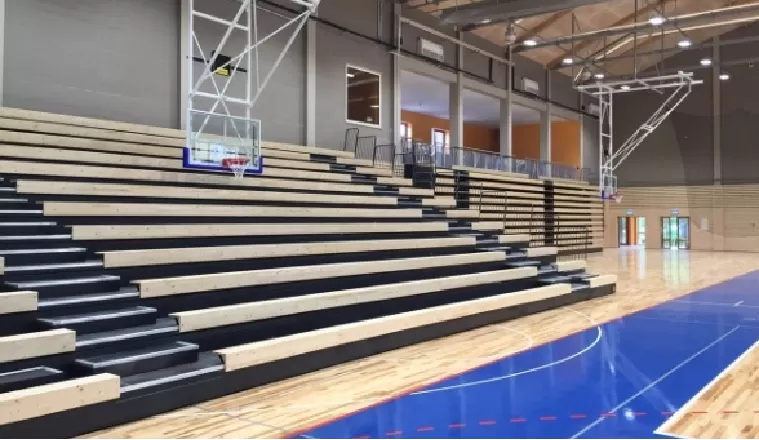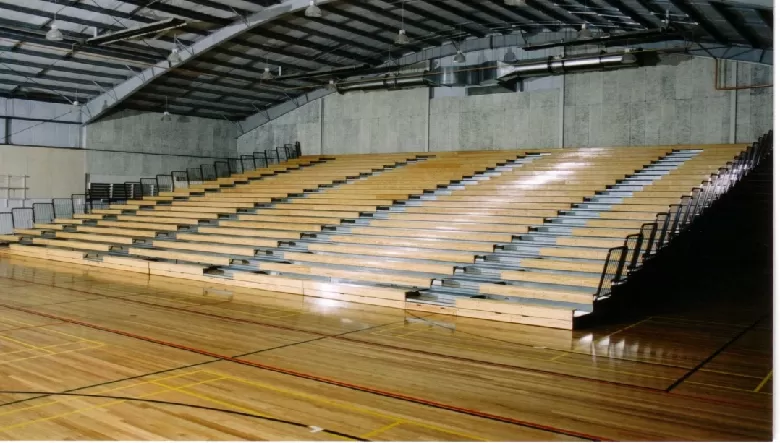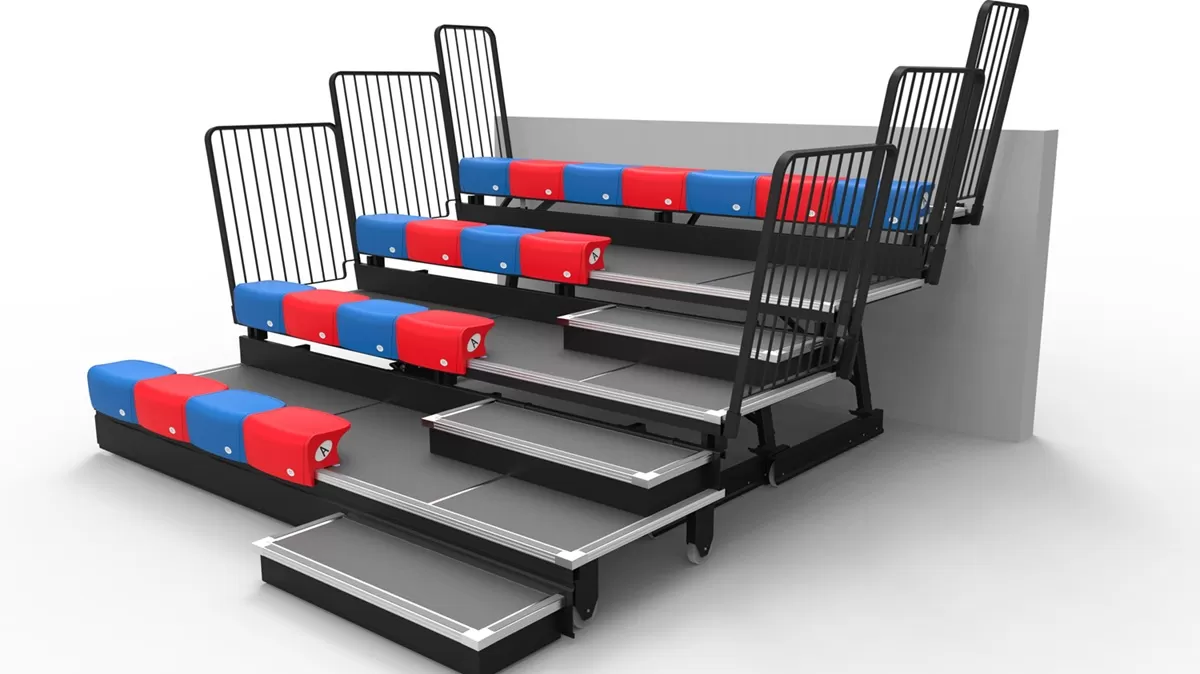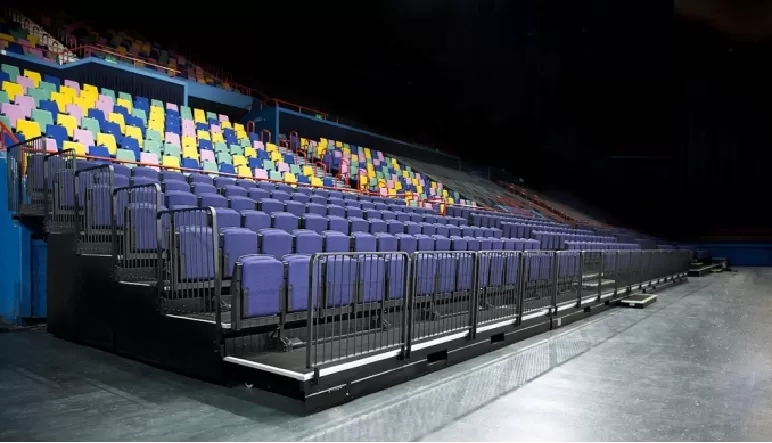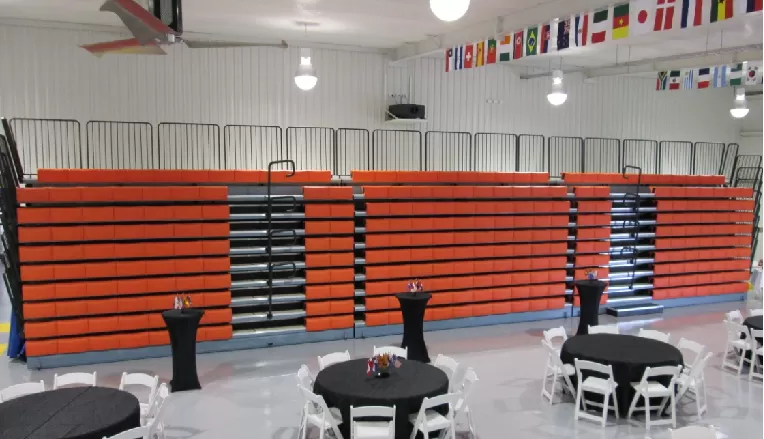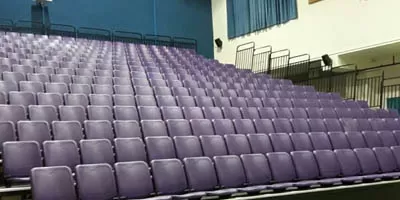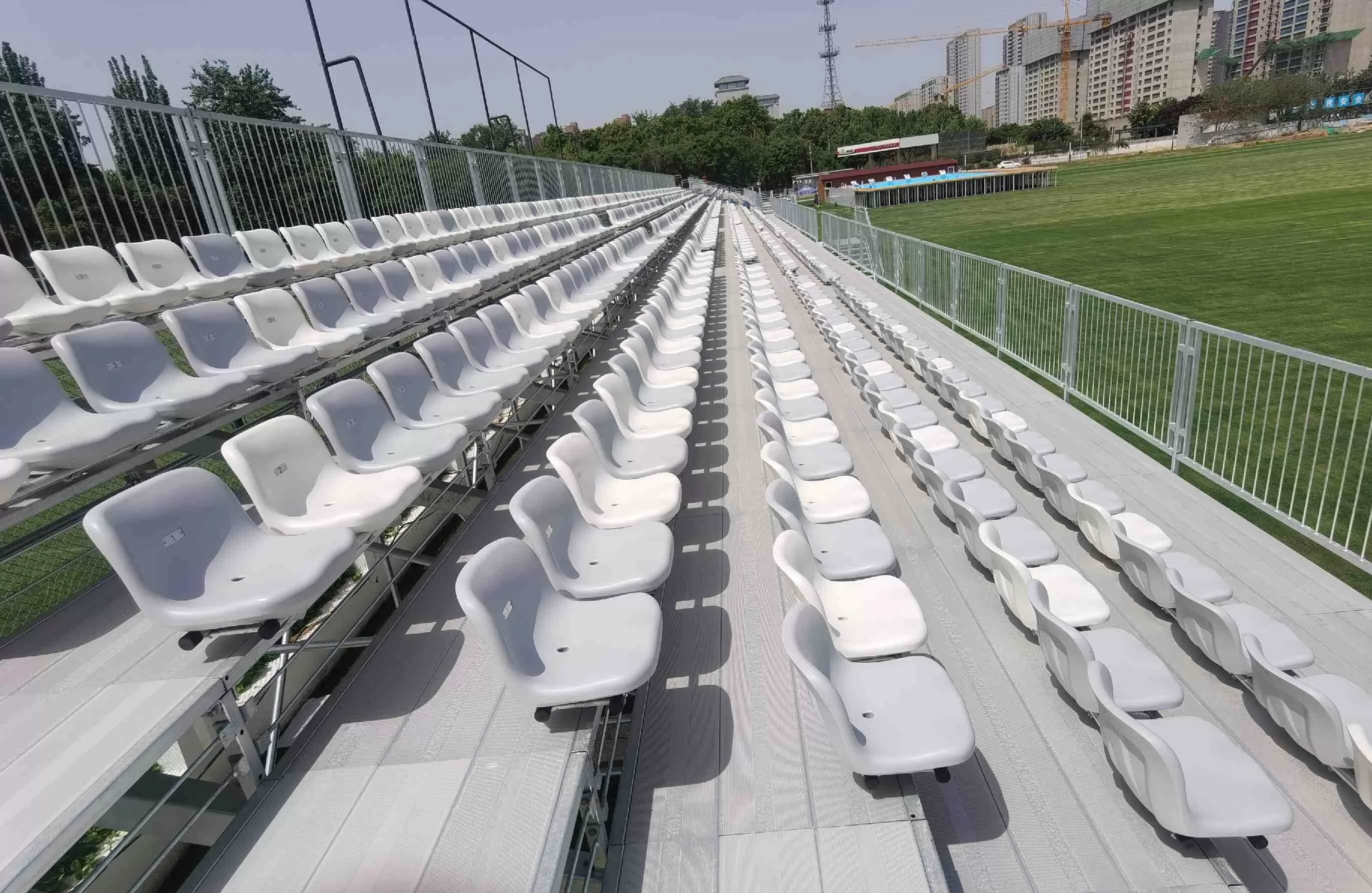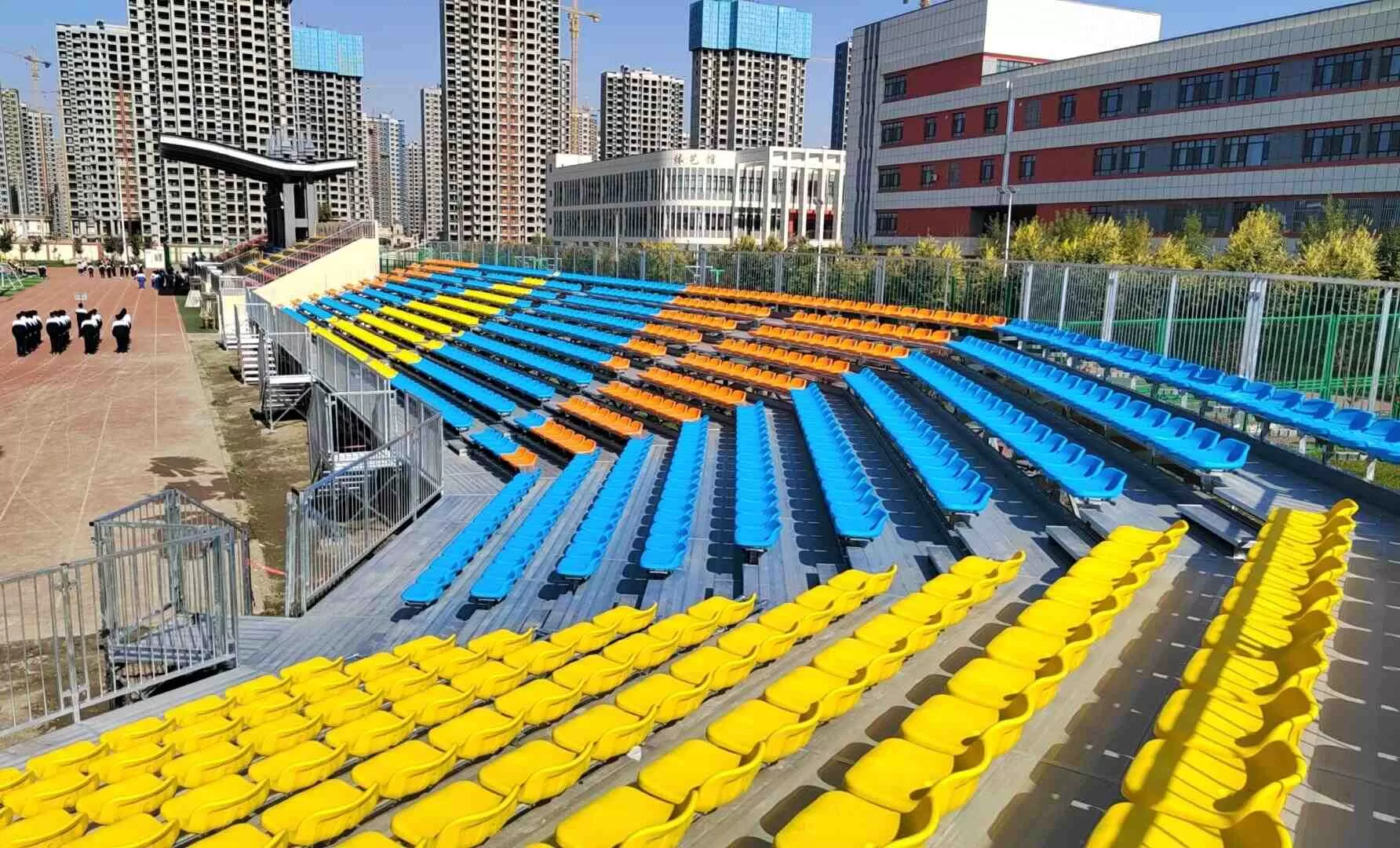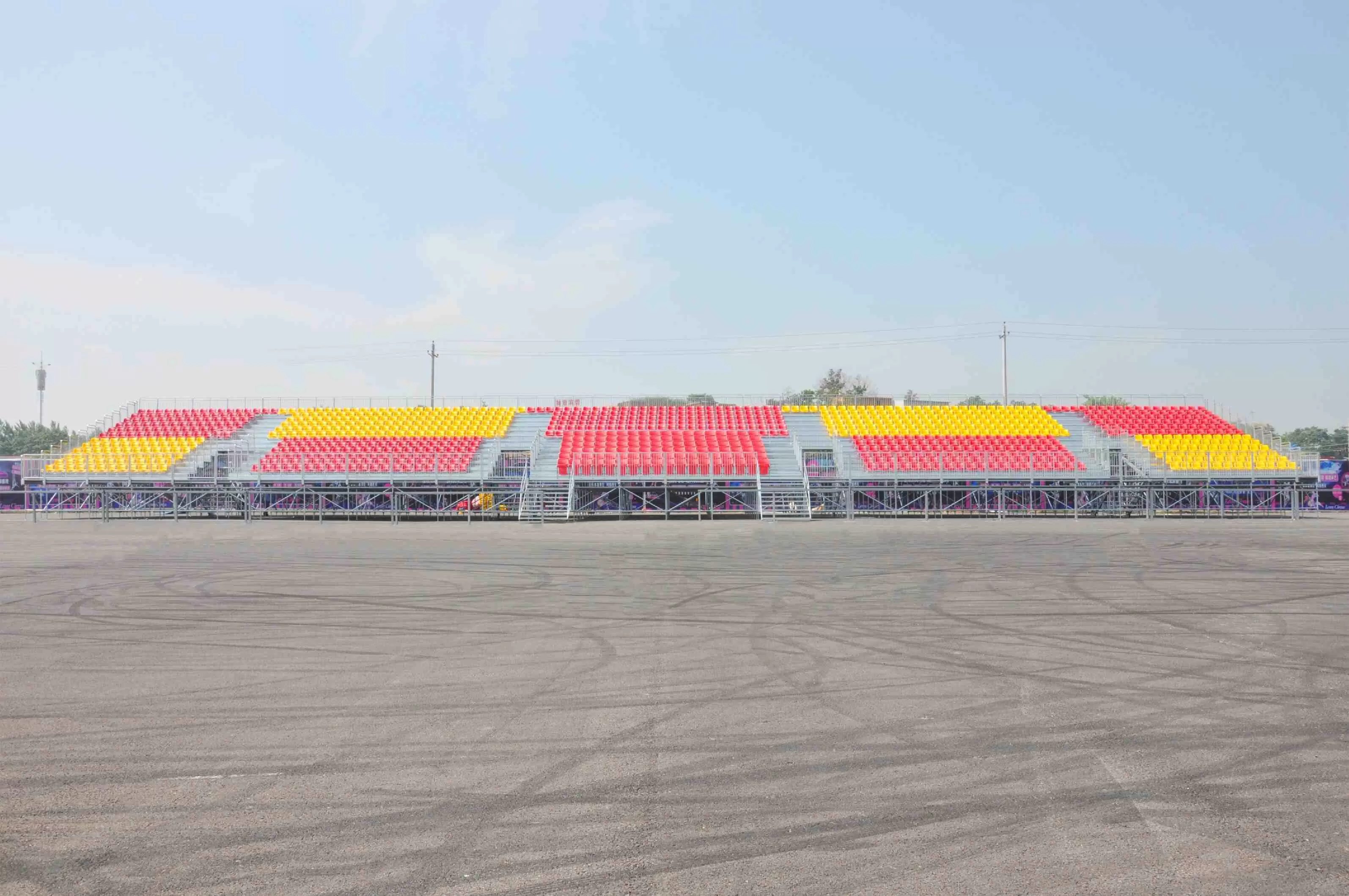2025 Stadium Seating Policy Trends: Compliance, Sustainability, and Smart Innovations
As global sports infrastructure evolves, policy trends are reshaping the stadium seating industry. From EU carbon tariffs to smart technology mandates, exporters must adapt to stay competitive. This blog breaks down key regulations, regional market demands, and actionable strategies to optimize your content for Google’s top rankings.
1. EU Carbon Border Tax (CBAM) and Material Revolution
The EU’s Carbon Border Adjustment Mechanism (CBAM), effective in 2026, will impose tariffs on steel, aluminum, and plastics—critical components of stadium seating. To comply:
- Replace traditional materials: Use HDPE (high-density polyethylene) with 30% recycled content, like Cangzhou Pengyue Sports’ seats, which withstand -60°C to +80°C extremes .
- Integrate solar solutions: Solar-powered benches (e.g., NOMO’s smart seats with 186W panels) generate renewable energy for USB charging, reducing operational carbon footprints .
- EPD certification: Obtain Environmental Product Declarations to prove lifecycle carbon reduction, a requirement for EU public projects .
2. Global Safety Standards and Compliance Challenges
EU Fire Regulations (EN45545-2:2020)
The updated EN16989 test mandates:
- Destruction-based fire testing: Simulate accident scenarios to assess smoke toxicity (SPR ≤100m²/s) and CO emissions (≤1,000ppm) .
- Halogen-free materials: Fire X silicone profiles from VAV Group passed the highest HL3 hazard level, offering flame resistance without toxic fumes .
North American Ergonomic and Data Privacy Laws
- ADA updates: Seats must have adjustable armrests (18–28 inches) and pass ANSI/BIFMA X5.1-2021 durability tests .
- Data privacy: Michigan’s 2025 Personal Data Privacy Act requires opt-in consent for sensor data collection in smart seats .
3. Regional Market Opportunities and Localization Strategies
Saudi Arabia’s 2034 World Cup
Saudi Arabia’s $5.5B Jeddah JCDC Stadium project demands:
- 50% local production: Partner with firms like Al Rajhi Group to assemble modular systems locally .
- Sustainability benchmarks: The stadium’s 14,000m² solar roof and retractable seating align with LEED Platinum goals .
China’s Smart Stadium Push
- Policy incentives: Huzhou City offers 20% subsidies for smart stadium investments, such as Shenzhen Leading Sports’ motorized telescopic stands .
- County-level demand: Midwestern China’s 文体中心 projects prioritize low-maintenance HDPE seats with 15+ year lifespans .
North American Modular Demand
- University upgrades: Penn State’s Beaver Stadium uses 7,000 removable modules to maintain capacity during renovations .
- Custom branding: Kansas Memorial Stadium embedded team logos in seats, leveraging Canada’s tax exemptions for personalized designs .
4. SEO-Driven Content Strategy
Keyword Prioritization
- Primary keywords:
- “modular stadium seating systems”
- “smart stadium chairs”
- Long-tail keywords:
- “2025 stadium seating material innovations”
- “Saudi World Cup seating suppliers”
Content Structure
- Technical deep dives:
- “HDPE vs. Aluminum: Which Material Wins for Stadium Seats?”
- “Solar-Powered Seats: How to Achieve Net-Zero Venues”
- Case studies:
- “How Seiko International Conquered 218m Truss Spans in Saudi Arabia”
- Compliance guides:
- “EN45545-2:2020 Compliance Checklist for Exporters”
On-Page Optimization
- Image SEO: Label images with alt text like “modular seating installation at Jeddah Stadium” .
- Internal linking: Link blog posts to product pages (e.g., “Explore our solar-powered seating solutions”).
- External authority: Cite industry standards (e.g., ISO 14001) and partner certifications (e.g., CE, UL).
Off-Page Tactics
- Guest posting: Contribute to StadiumDB or Sports Venue Business with whitepapers on modular systems.
- Social media: Share project videos on LinkedIn with hashtags like #StadiumInnovation and #ModularSeating.
- Forum engagement: Participate in Reddit’s r/SportsBusiness to discuss smart seating trends.
5. Future-Proofing Your Strategy
- AI and data: Use tools like Semrush to track keyword trends and optimize content for voice search (e.g., “best modular stadium seats near me”).
- GEO-targeting: Create localized landing pages for EU, Saudi, and North American markets, addressing region-specific regulations.
- Transparency: Label AI-generated content as “AI-assisted” to comply with Google’s E-E-A-T standards .


